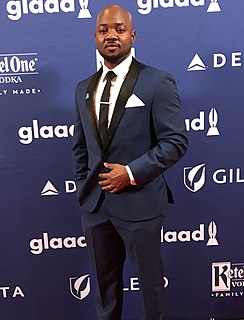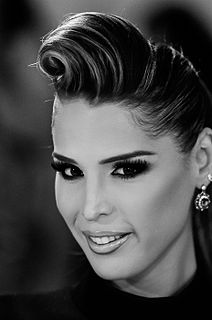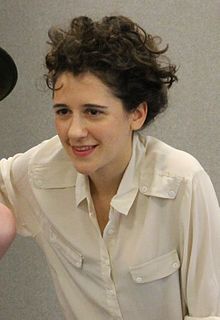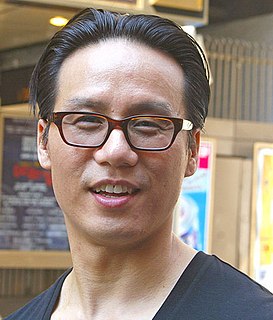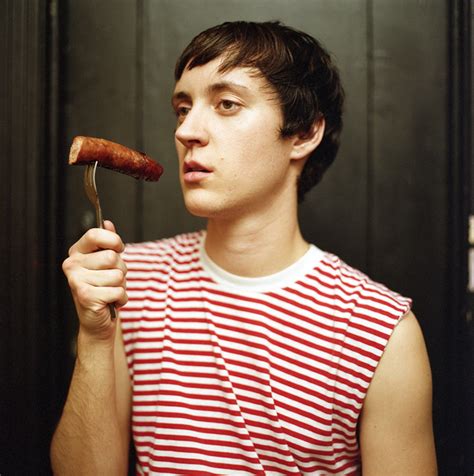A Quote by Hari Nef
When we say 'trans is beautiful' or 'being trans is the best,' that is a truth we created for ourselves that's clearly not true in every signal we get from the world around us.
Related Quotes
One particular debate that I have seen play out again and again is whether trans people who have more traditional gender expressions or who "pass" more should be the ones who are represented. A recent advocacy guide focused on advocating around trans health care access produced by the largest trans advocacy organization in the US instructs readers that advocacy will be more successful if the message is delivered by people who pass as non-trans men and women.
Many in the trans community are fed up with L.G.B.T. organizations that continue to erase trans identity or just give lip service to trans issues. We need our cisgender allies - gay and straight - to treat transgender lives as if they matter, and trans people need multiple seats at the tables in the organizations that say they're interested in L.G.B.T. equality; this absence has been painful since Stonewall.
When you hear anyone policing the bodies of trans women, misgendering and othering us, and violently exiling us from spaces, you should not dismiss it as a trans issue that trans women should speak out against. You should be engaged in the dialogue, discourse, and activism that challenges the very fibers of your movement.
Trans voices are really underrepresented, and trans stories are really underrepresented, and when they are presented, they're often reductive. I was interested in putting a trans person and a trans narrative on stage that didn't fall into cliché, that thought a bit more deeply about the experience of being trans, and how those issues tie into things that we all experience. How we tell the story of our lives, versus what might have actually happened, and how we communicate to our former selves. All of those questions were really interesting to me.
Usually, when you are an ethnic person or a trans person, in your average, everyday, unsophisticated television show, you are there for that reason. And they clearly justify and overexplain why. You very rarely see a transgender actor playing the part of a grocery-store clerk without having to say, 'Oh, look at that trans person.'
I think it's really important to champion stories from trans women and trans women of color. That demographic has gone unheard and unsupported for so long, and it's really the community that's struck the hardest by a lot of issues. I try to do a lot of work to champion trans feminine issues and stories, but that said, I do have a personal and deep investment in seeing trans masculine stories reflected in culture. It is a little disappointing to me that trans men and trans masculine people have not really been part of this media movement that we're experiencing right now.




